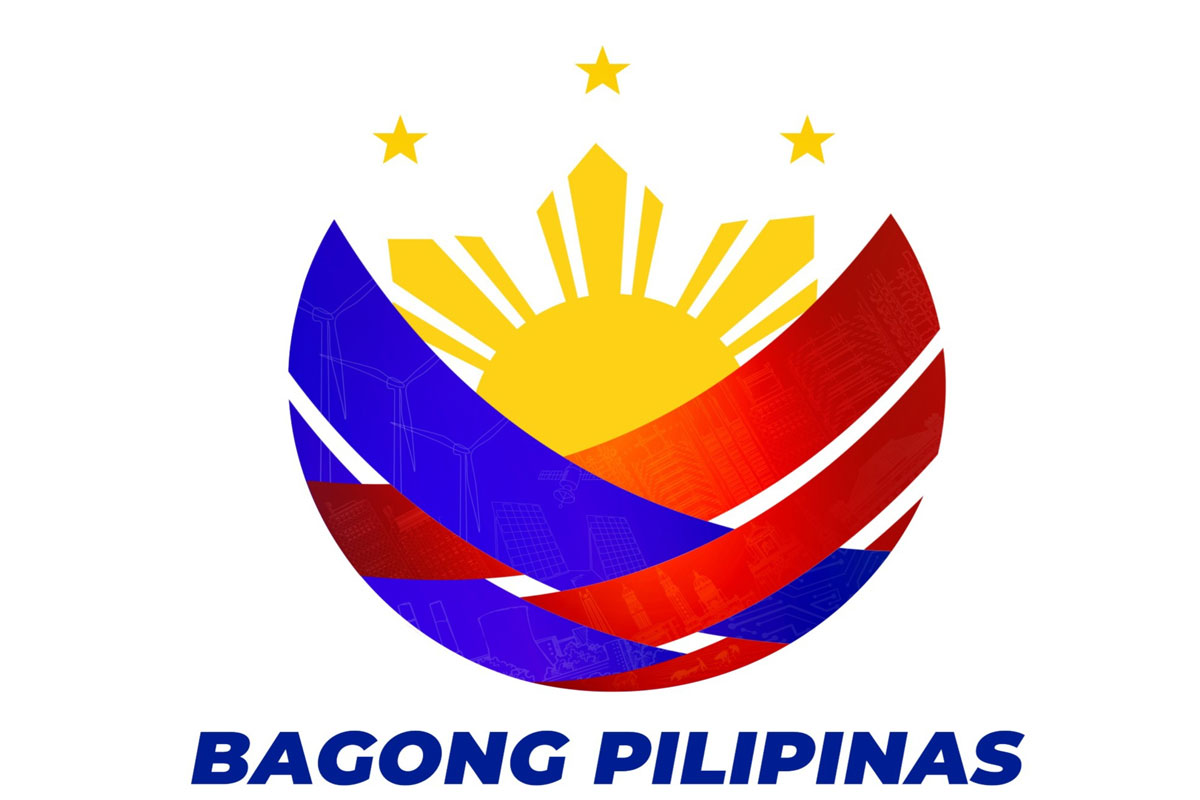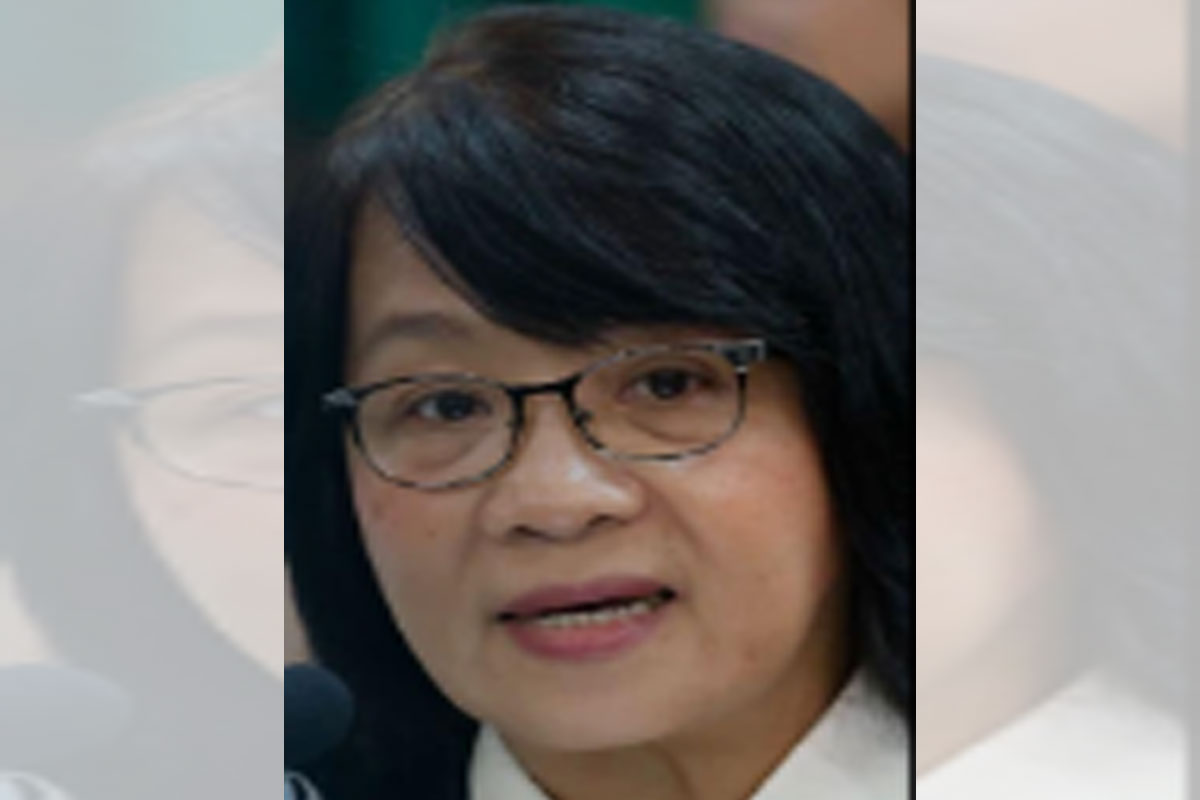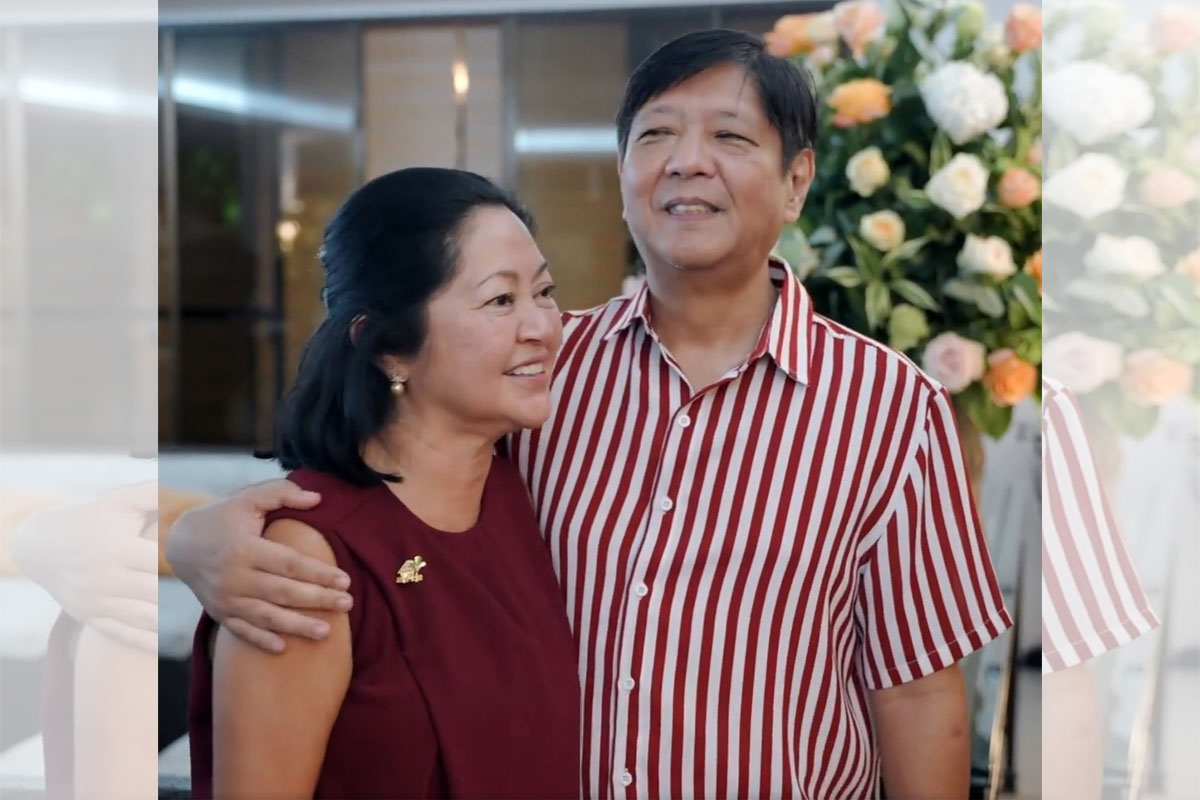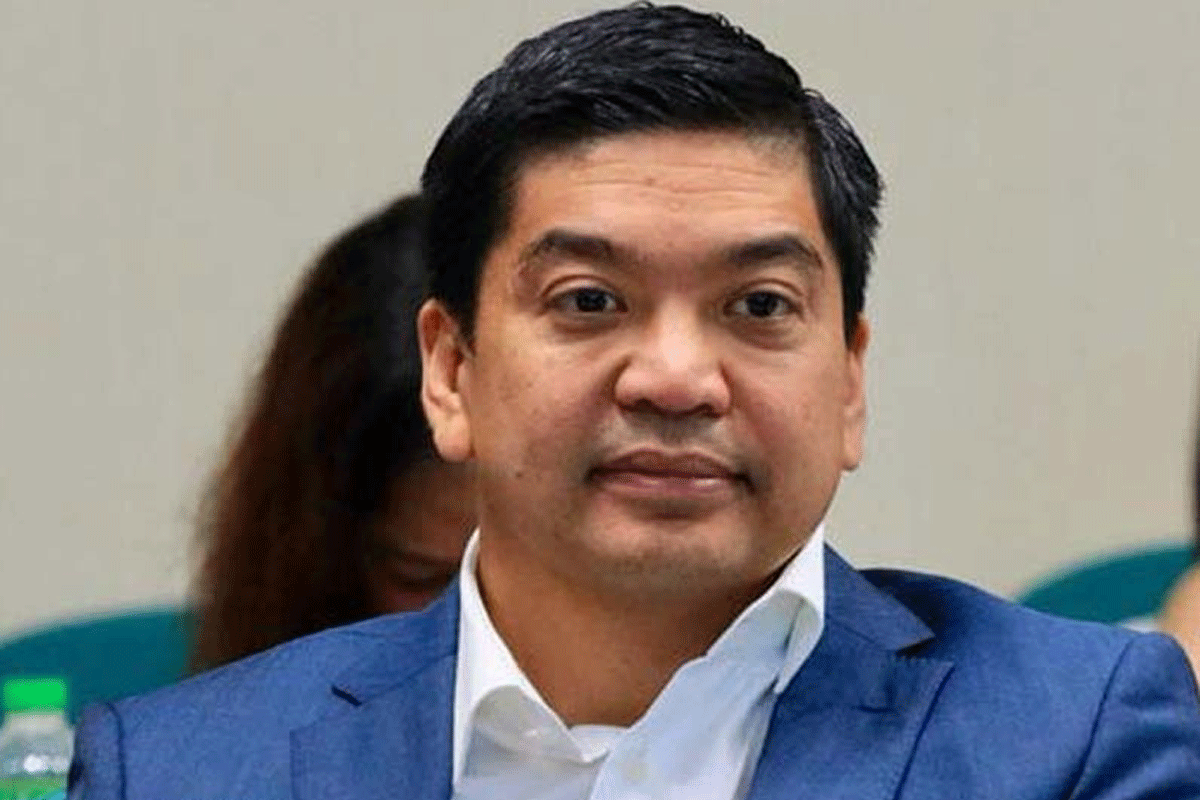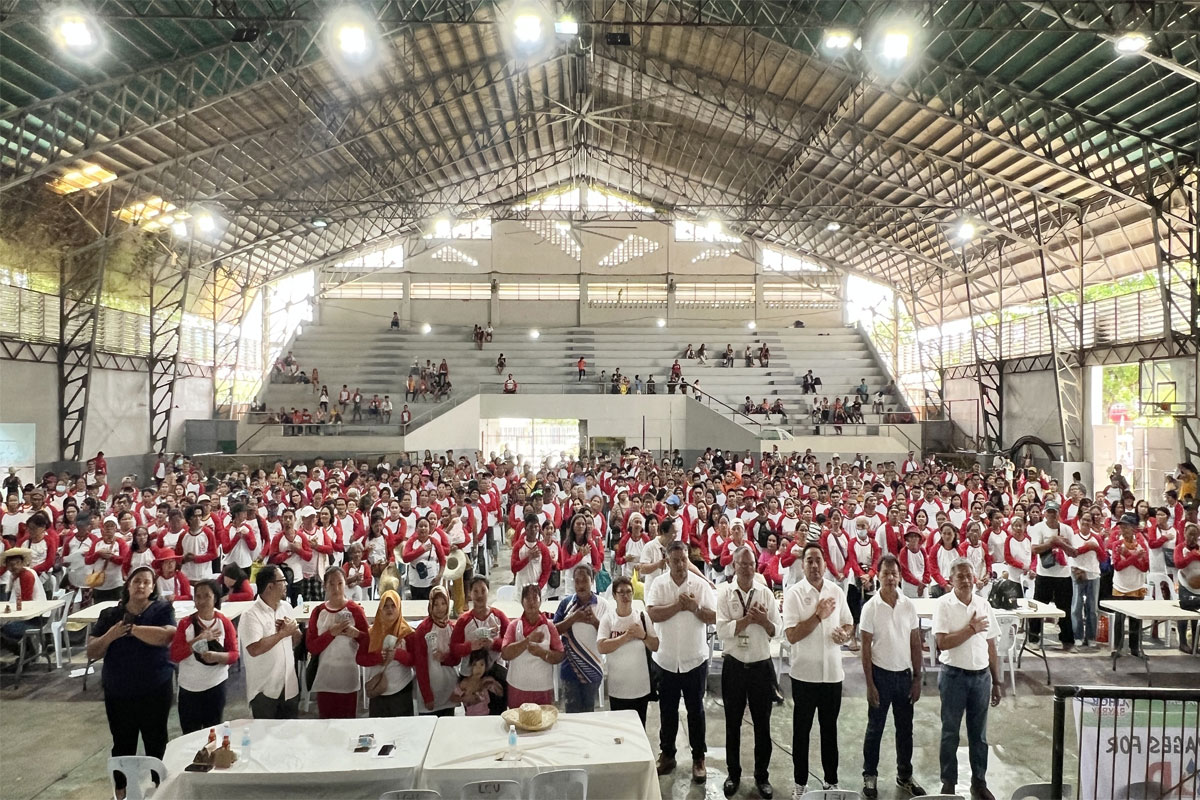
Medium of teaching needs ‘serious rethinking’
CAMARINES Sur Representative LRay Villafuerte is pushing for a “serious rethinking” of what medium of instruction to use in Philippine schools after President Ferdinand “Bongbong” Marcos, Jr. himself has made a pitch for keeping our competitive edge in the global marketplace as an English-speaking people.
Villafuerte said, “a serious rethinking of our means of communication for learning is a must after President Marcos Jr. himself had stressed in his first State of the Nation Address (SONA) that English is the language of the Internet, which has become the global marketplace, and that foreign employers have always favored Filipino workers because of our command of the English language.”
“A ‘review’ of what medium of instruction should be used in our schools, as what the President mentioned in his July 25 SONA, should be one of the focal concerns of the would-be second Congressional Commission Education (Edcom II), in line with its mandate under the law that created it to come up with educational reforms to, among others, address the challenges of the Fourth Industrial Revolution, which is distinguished by the digital revolution or brisk development of information technology (IT),” Villafuerte said.
Villafuerte was referring to the Edcom II, which the new law – Republic Act (RA) No. 11899 has tasked to make another comprehensive national assessment and evaluation of the performance of the education sector by reviewing the mandates of the Department of Education (DepEd), Commission on Higher Education (CHED) and the Technical Education and Skills Development Authority(TESDA).
Edcom shall be a 10-member commission comprising five senators and five members of the House of Representatives.
Stressing in his SONA the need to equip our students with the materials necessary for effective teaching, President Marcos Jr. said: “Foreign employers have always favored Filipino employees because of our command of the English language. This is an advantage that we must continue to enjoy.”
The President pointed out that “the Internet has now become the global marketplace. Not only for goods [and] services but also for ideas, even extending to our own personal interactions.”
“The language of the Internet—for better or for worse—is English,” added President Marcos Jr. “Therefore, the question of our medium of instruction must be continuously re-examined to maintain that advantage that we have established as an English-speaking people.”
Edcom II has been directed under RA 11899 to “institutionalize educational reforms necessary to meet the new challenges to education, such as the implementation of alternative learning and delivery modes for basic education, higher education and post-secondary technical-vocational education and training as part of the adjustments and responses to the global pandemic, and the advent of the Fourth Industrial Revolution characterized, among others, by digital revolution or the rapid development of information technology such as artificial intelligence, automation, data analytics, blockchain data sharing, quantum computing, and Internet of things analytics.”
Edcom II is the successor to the first Edcom (Joint Congressional Commission to Study and Review Philippine Education) that was formed in 1991 to undertake a year-long study on the then-deteriorating state of the local school system.
The first Edcom traced the declining quality of Philippine schools to the poorly-managed educational system, inadequate investments in teaching materials and learning resources, crowded curriculum, and inadequate teachers’ salaries and benefits, among others.
Among Edcom I’s recommendations were the laws that created the CHED (RA 7722) and TESDA (RA 7796); increase in study time for critical subjects like English, Science, and Mathematics; increase in the number of school days; and clear career service paths for teachers and school administrators and improvement in their benefits.
Villafuerte, who is vice president for political affairs of the National Unity Party (NUP), earlier backed President Marcos’ plan, as stated in his June 30 inaugural speech, for the government to upskill the students in the English language as a way to sharpen further the competitive edge of our professionals and other workers in the global market, where Filipinos have been sought after for decades now, partly because of their English proficiency.
Opposing the proposal of a militant teachers’ group for the Marcos administration to drop English in favor of Filipino as the medium of instruction in our schools, Villafuerte said: “Blunting our sought-after labor force’s competitive edge in the world’s lingua franca by using Filipino as the medium of instruction for our students is a recipe for disaster as we would be needlessly giving up one potent skill that has allowed our professionals and other workers to step into quality jobs here and abroad: the Filipino’s relative facility for the English language.”
“Why will we unjustifiably relinquish our ‘A’ game in English, so to speak, when this language is known as the world’s lingua franca because there are reportedly 350 million people across the globe who speak it as their first language and 500 million more who use it as their second language?” he stressed.
Proficiency in English has opened a lot of opportunities for those looking for jobs as well as for workers to keep their current employment or get promoted, he said, because most corporations require their employees and would-be hires to have a fair amount of skill in English.
Villafuerte noted that “keeping our labor force highly attractive for local and international employers is one means for the Marcos administration’s economic transformation to succeed as it would go a long way in, first, continue attracting foreign investors to set up shop here, and, second, for international firms to keep hiring our workers and thereby boost the dollar remittances of migrant Filipinos.”







